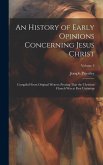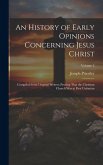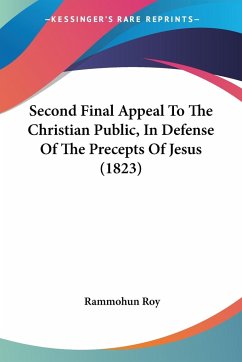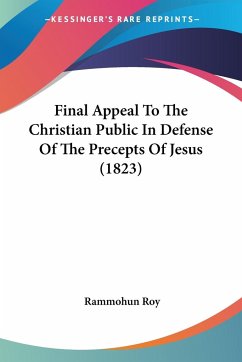The Gospel of Mark begins with the author telling his readers that Jesus came proclaiming the Kingdom of God and that he had something very specific to say about his upcoming ministry in Galilee. Mark gives his readers the exact wording of Jesus' mission statement in Mark 1:15, which are words that Jesus would have spoken almost four decades prior to Mark's time of writing. Scholars have treated the quote as a mix of possible 'authentic' remembrances of Jesus, on the one hand, and as the views of the early Church, on the other. Few, however, have considered the possibility that the entire mission statement was crafted by the author for a uniquely Christian purpose, using the Jewish scriptures as his source and writing to the community in Jerusalem, who were under Roman attack at the time the Gospel was finished. This book considers that possibility, as well as the reasons why the author may have done this.
Bitte wählen Sie Ihr Anliegen aus.
Rechnungen
Retourenschein anfordern
Bestellstatus
Storno








